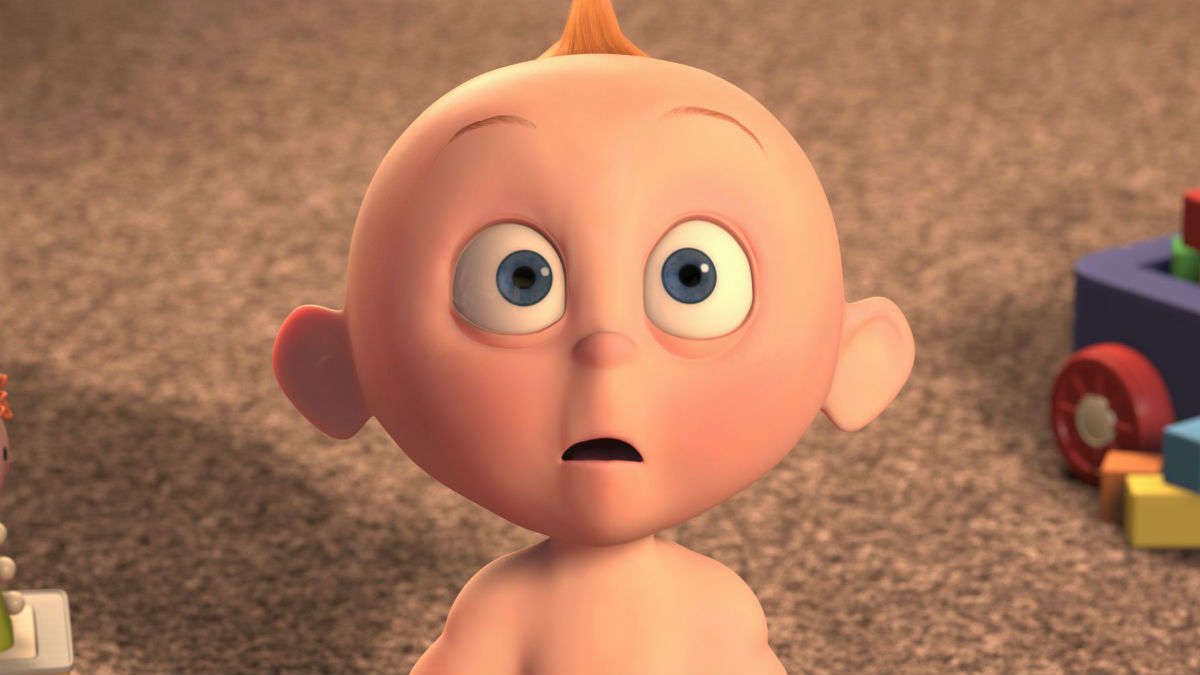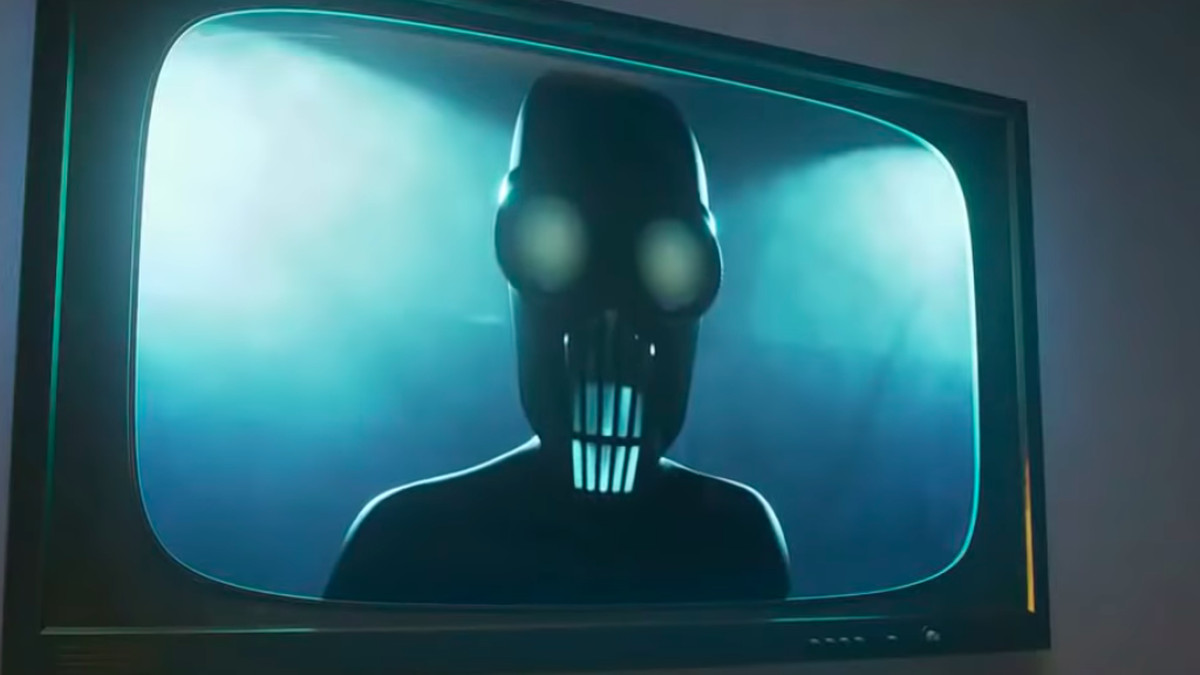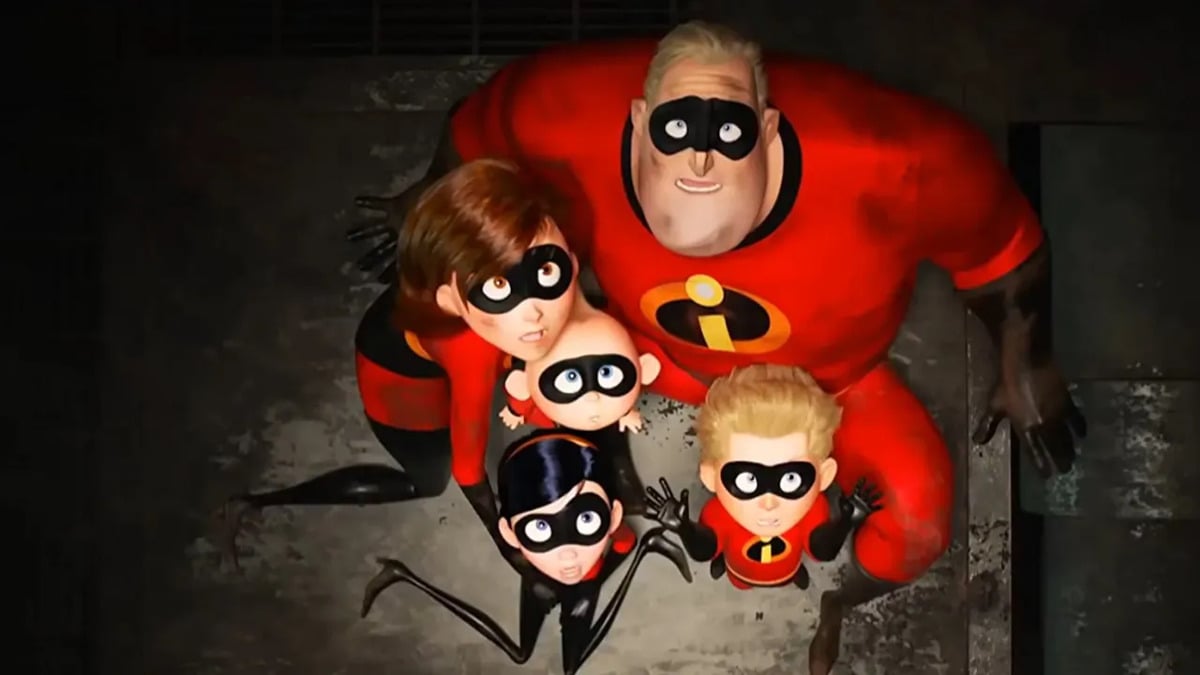*Taps mic and does best Mr. Incredible impression* Is this on?
Incredibles 2 has had the ignominy of trending on Twitter today as a fresh heap of scorn has been thrown on the Pixar superhero sequel after it was dared suggested that it might be better than its beloved 2004 predecessor. Although fans desperately waited 14 years for more of the Parr family, when Brad Bird’s long-awaited follow-up finally arrived in the summer of 2018, it just didn’t hit the same as the original and was quickly forgotten about in the never-ending sea of new Disney and Pixar releases.
The fact that the internet is suddenly remembering Incredibles 2 exists at this precise time, however, should remind us that the film actually gets too harsh a rap as it can easily be argued that its flaws are not the result of writer/director Bird dropping the ball, but rather the product of a seriously broken movie-making system. With Hollywood currently preoccupied with the enormous fallout of the WGA union strike, it’s time to shine a light on another of the industry’s worst traits: overly tight deadlines.
Let’s take a look at the Incredibles 2 production timeline, shall we? After the film was announced in March 2014, Bird wasn’t able to start work on the script until April 2015, due to his commitments to Tomorrowland. A year and a half later, in Oct. 2016, Disney suddenly brought the sequel’s release date forward by a full 12 months, scheduling I2 for 2018 in order to leave the Toy Story 4 team more time to complete their movie and gifting that slot to I2.

While speaking to Gold Derby, Bird admitted this presented him with considerable creative strain. Due to this time constraint, he was forced to ditch a much more ambitious plotline involving artificial intelligence, one the studio itself was very excited about, in order to — as he put it — “serve the part that I’m committed to,” meaning the focus on the family. An experienced professional who had a history with tight deadlines due to his time on The Simpsons, Bird understood he had to “kill his darlings” and keep going.
Watching Incredibles 2 with this fact in mind, the shortcomings of the film suddenly make much more sense. While we’ll never know if Bird’s original plans for the sequel would’ve been superior, it’s hard not to argue that his creative vision was compromised by Disney/Pixar forcing a much more constrictive deadline on him than originally expected.
And Bird is far from the only filmmaker whose work has suffered from this in recent years. Over in Marvel land, Sam Raimi has likened hopping aboard Doctor Strange in the Multiverse of Madness in the middle of pre-production as like being “dropped by helicopter into an aeroplane that has one engine already out.” Raimi is said to have relished the challenge, but who’s to say that’s not part of the reason the film turned out as divisive as it was? A bit of a pause certainly would’ve allowed him and writer Michael Waldron to actually watch its prelude, WandaVision.

As Hollywood’s writers rightly protest for their right to earn what they deserve, it’d be nice if this other way in which studios fail to treat their creatives, and also the pieces of art they are making as a whole, with respect could be interrogated and improved upon. Churning out sequels and new entries in expanding franchises without allowing the filmmakers adequate time to realize their ideas only leads to, at best, lackluster results (at worst, something as ghastly as Ant-Man and the Wasp: Quantumania).
Then again, with Frozen 3, Toy Story 5, and more on the way from the Mouse House, it would take something truly incredible to change the system in this way. And the worst thing? We’ll be slaves to the screen regardless.

